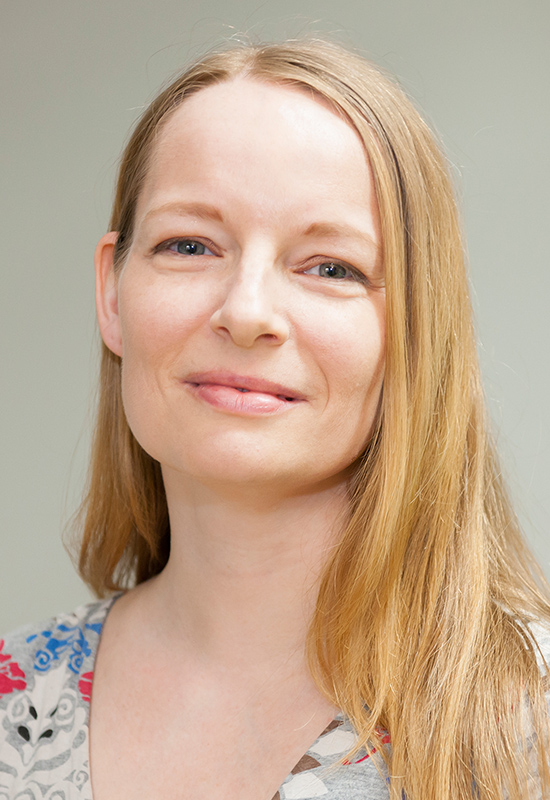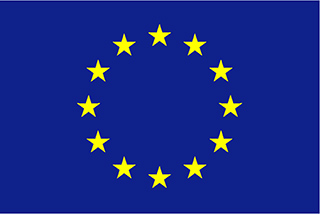Fraunhofer IZI researcher receives coveted EU Marie Sklodowska-Curie fellowship
Within the framework of the Marie Sklodowska-Curie actions, Dr. Jana Burkhardt has been granted funding in the form of a Global Individual Fellowship provided by the European Union. Amounting to €240,000 over a period of three years, the fellowship supports the transfer of knowledge concerning the development of new anti-tumor therapies between McMaster University, which ranks among Canada's top three universities, and the Fraunhofer Institute for Cell Therapy and Immunology.
More specifically, this focuses on investigating a new class of immunotherapeutics based on modified nucleic acid molecules. The aim is to modulate immune cells in such a way that they can recognize tumor cells and render them harmless by means of a targeted immune response. Named after the double Nobel Prize winner Marie Sklodowska Curie, the mobility fellowship will enable the Leipzig-based scientist to spend two years at the BEAM Fraunhofer project center at McMaster University in Hamilton, Canada, where she will carry out her research. "The joint research work with our colleagues in Canada will allow me to access cell technology and model systems that are not yet established in the same form in Germany. This direct transfer of knowledge will save valuable resources within our research program. The funding program also offers me a number of opportunities to develop my own skills and knowledge as a scientist," says Burkhardt.
The research and development project strengthens Fraunhofer IZI's expertise in the field of immuno-oncology. By the end of the funding period it is expected that comprehensive in vitro data will have been gained and the feasibility of the concept in preclinical models will have been tested. Dr Burkhardt will continue to receive funding for one year after returning to Fraunhofer IZI following her research stay outside Europe; this aims to safeguard the intended technology transfer in the best way possible.
The project is funded by the Horizon 2020 EU Framework Programme for Research and Innovation as part of the Marie Sklodowska-Curie actions (grant agreement no. 708169).

